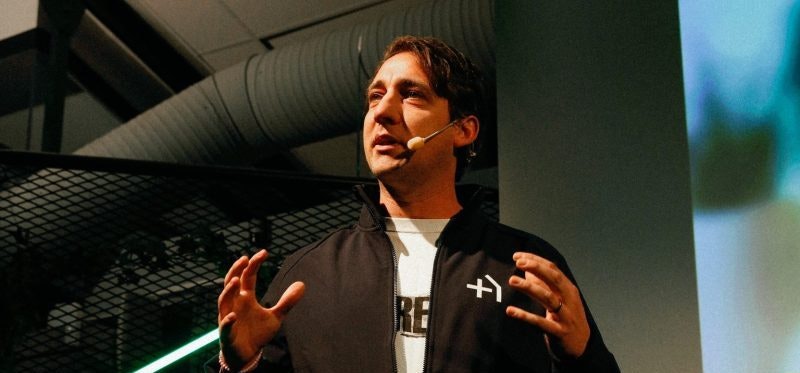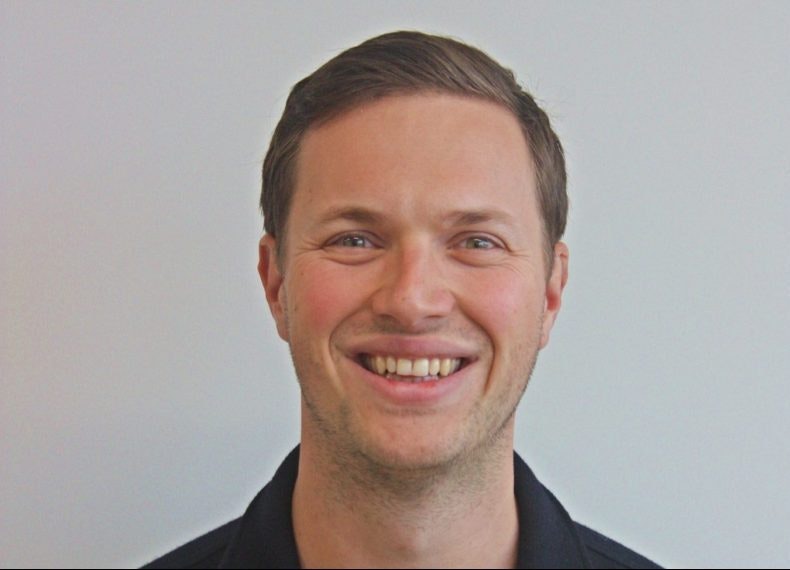Things were good for Emma Obanye immediately after she left her fan engagement platform BuddyBounce following an exit to Crowdmix, a social app for music fans, in 2016. She moved to Thailand with her partner and began working on a new business idea.
Then the nightmares started.
“I was like, ‘Whoa, what’s going on?’ I’m having dreams about the past, Crowdmix and BuddyBounce, and all of these things I couldn’t quite understand,” she says.
When she moved to Barcelona a few months later, things got worse.
“I was living in this lovely city, having a great life and I didn't have to do anything — but I felt really, really low. There were days when I wouldn’t even get out of bed.”
Obanye’s experience is not a unique one among founders. Driven by a scarcity of support, identity crises and a startup hustle culture that discourages work-life balance, a number of founders tell Sifted that after exiting they discovered their newfound financial freedom didn’t bring the fulfilment they thought it would.
It's misconception that many have, says one exited founder, who preferred to remain anonymous. “When [founders exit], it’s almost like, ‘Well you’re okay — you can go on a holiday.’” But that misses the point, they add. “You’ve done something that’s occupied every day. Many people become synonymous with their business and when they exit their identity is taken away.”
Identity and doubt
Obanye says her post-exit mental health struggles were rooted in feelings of lost identity. “Everything I had done for the past six years was wrapped up in Buddybounce,” she tells Sifted. “It was my baby — and then all of a sudden, it’s gone. I was like, ‘Who am I?’”
On reflection, Obanye says she had very low self-esteem before Buddybounce and built her confidence through the business. When she left that was shattered, she says.
It led to her isolating from friends. “I wanted to be on my own all the time,” she says, adding that the “low patch” lasted for three years after exiting. “There was a grieving process that I needed to go through, and part of that was my identity.”
Johan Nordenström felt “lost and empty” for years after exiting marketing company Kaplan in 2018.
“You get a sense of meaning when you build a company,” he says. “[After the sale] you get doubt: you do this great thing but how do you know it wasn’t pure luck?”

“It’s more common than not to feel this way,” adds Nordenström. “From conversations with other founders, I only know a few instances where true happiness has come from exit.”
Lack of support
Like Nordenström, Obanye has spoken to a number of exited founders who’ve been through similar struggles during and after a sale.
“No one prepares you for it,” she tells Sifted. There’s no playbook that says now you’ve exited, make sure you don’t do X, Y and Z, she adds.

The exited founder who preferred to remain anonymous tells Sifted that while there’s support available for founders when they’re growing their startups, there’s very little available for those who are going through or have gone through an acquisition.
“There’s not really a lot of emotional support, mental health support or coaching for founders exiting or post-exiting, because it's seen as very much a first world problem,” they say.
Obanye turned to therapy during her lowest moments. “It helped me to confront certain things that I wasn’t willing to before, which I didn't realise I needed to go into,” she says.
“I lost one of my oldest mates”
Cofounder relationships can also come to pieces during the exit process.
Jonny Plein saw his relationship with a cofounder — whom he’d been best friends with since school — fall apart when they sold their startup Pouch, a browser extension for discount codes, in 2019.

The company had two acquisition offers on the table: one for a smaller amount but with a higher chance of going through and another for far more but with lower odds of converting.
Plein was the CEO and made the call to go with the former. His cofounder thought he’d made the wrong decision and six weeks after the sale — which saw Plein and their third cofounder stay on at the acquired business — they left the company.
“The relationship was strained because [the sale] was so stressful… once we sold, I thought he would end up being happy in the new situation — but he wasn’t,” Plein says.
“What should’ve been a really joyous occasion that we all celebrated, wasn’t. It had a nasty tinge to it. I lost one of my oldest mates through the process.”
When Plein had to meet his former cofounder to get some legal documents signed six months later, “it was so awkward”, he tells Sifted. “He was someone who I'd spoken to every day and I just couldn’t look him in the eye.”
Avoiding exit blues
While the ultimate goal for most founders will always be to exit at some point, Obanye says it’s important that they don’t put all of their identity into the startups they build.
“It’s something I speak to founders about, but it’s a difficult one,” she tells Sifted. “You almost have to — that’s the game, in a way, to get any investment.”
These days, Obanye — who’s currently CEO of startup non-profit OneTech — says she’s set new rules around boundaries between the business and her life outside, like switching off at the weekends.
After two years of not speaking, Plein’s cofounder reached out asking to talk about what happened. “It came down to poor communication, where one person didn’t understand the other — and this happened on both sides.”
Now they’re good friends again, and Plein says he communicates very differently at his new e-commerce startup Yaso.
“We’re very good at having difficult conversations in a very transparent and professional way. We’ve had equally stressful situations at Yaso, but handled in a completely different way.”
While Nordenström used to think an exit would bring him fulfilment, he’s also taking a new approach to his healthtech Medoma — which launched in 2021.
“I’m still out there building a new company and chasing the same goal in a way, but I realise that the chest filled with gold coins at the end of the rainbow isn’t necessarily what you should strive for,” he says.
“[Exiting] isn’t the primary goal, and I don’t have any misconceptions about the happiness and joy that it would bring me,” Nordenström tells Sifted.
While he adds that there are expectations from investors who do expect to realise their investment at some point, he’s not going to over-exaggerate the happiness a potential exit would bring him.
“The journey itself, including the tough parts, is what makes you feel human and alive and gives you meaning,” he says.


